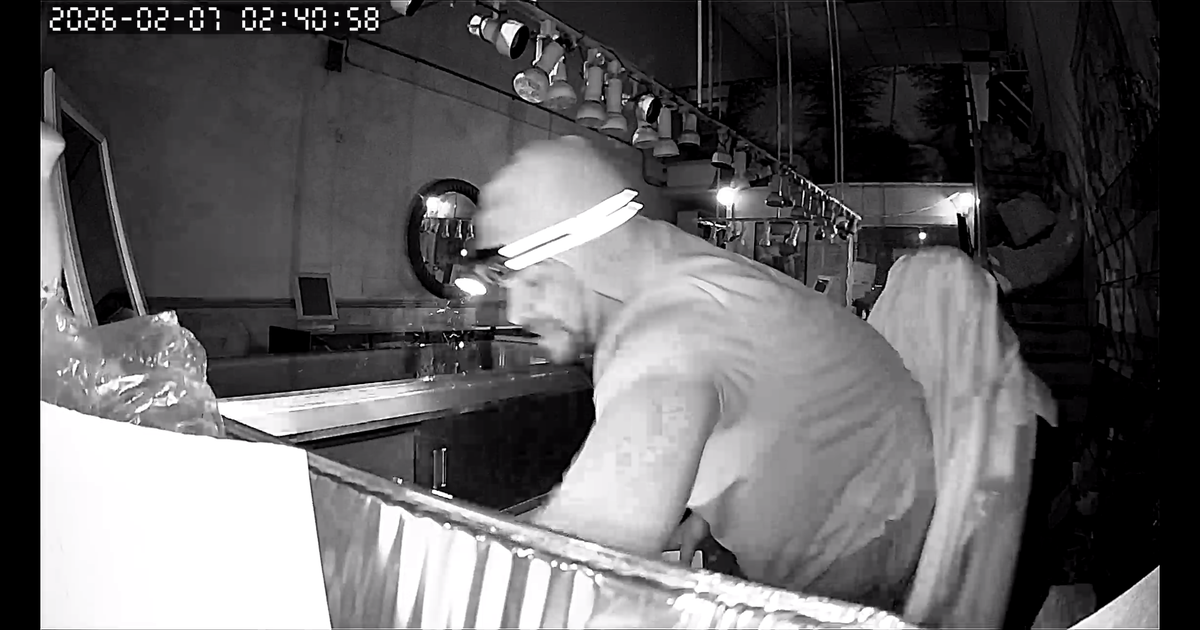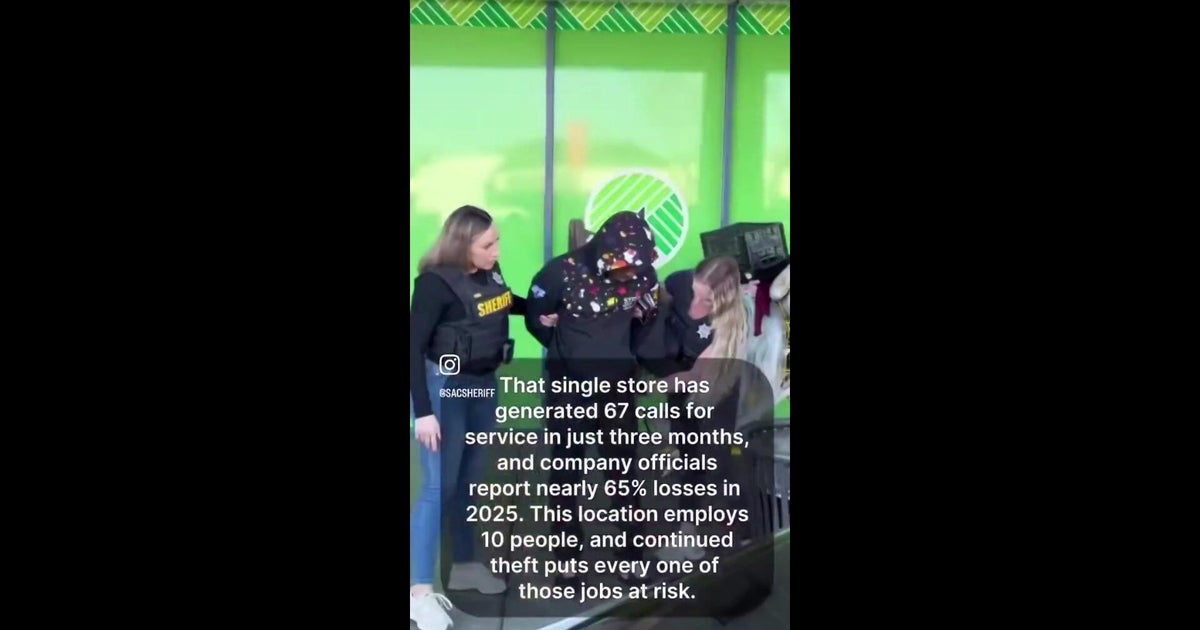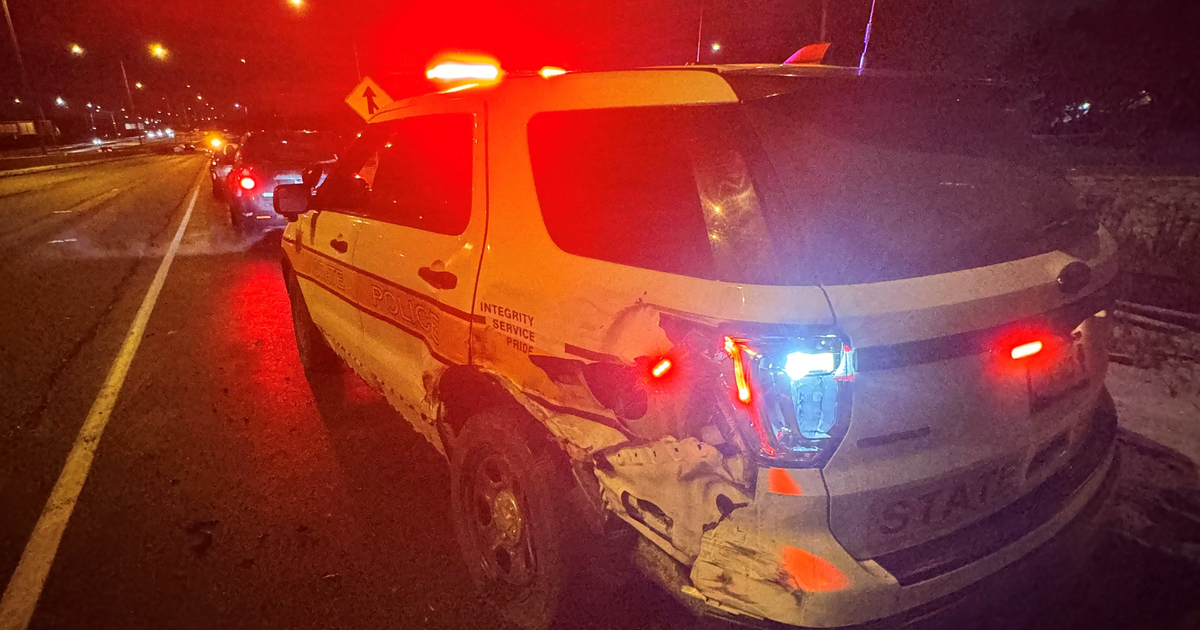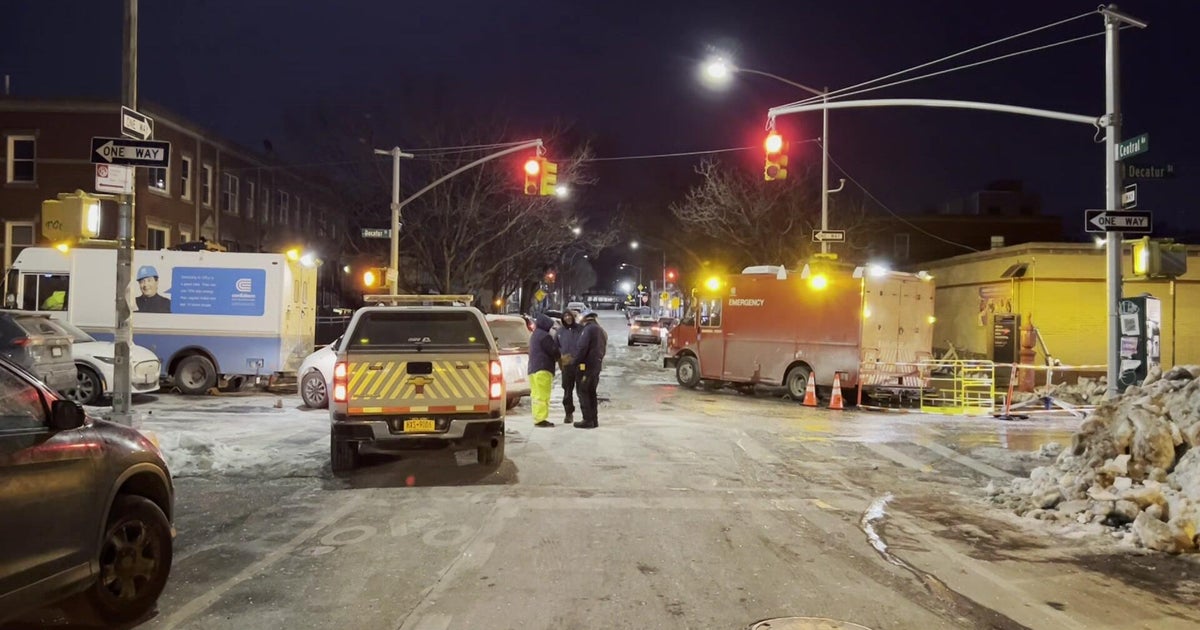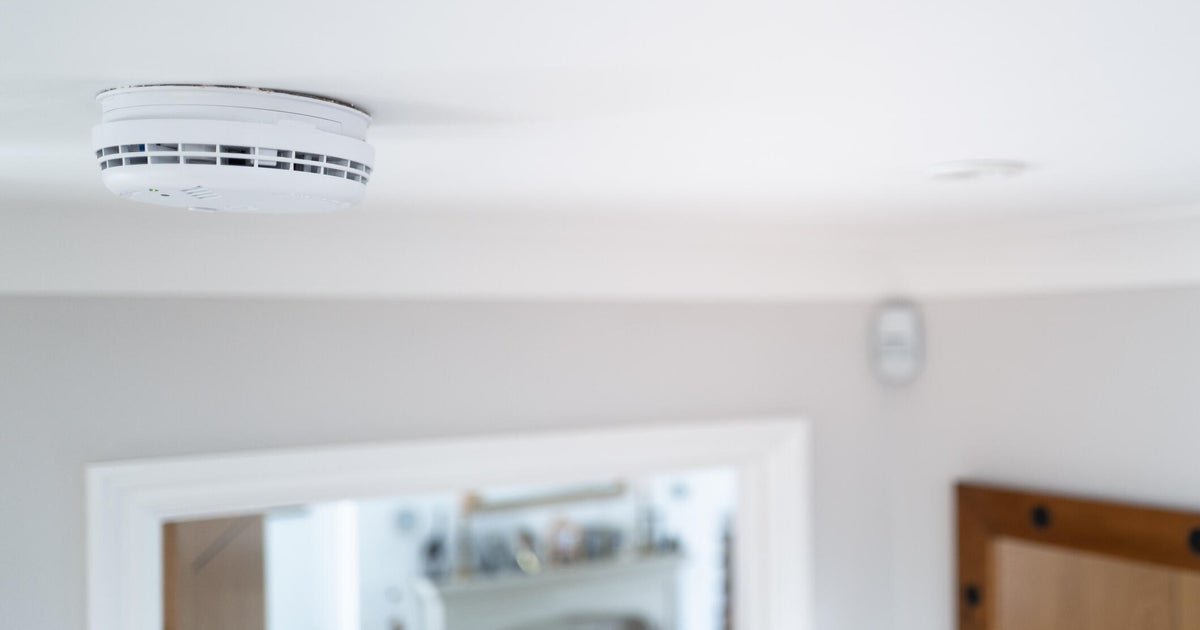Study shows Kia, Hyundai thefts are down more than 50% since security software update
CHICAGO (CBS) -- Technology is helping prevent the car thefts targeting Kias and Hyundais that have been making headlines for years. New research now shows that the security updates that those carmakers implemented when those thefts skyrocketed have made a difference.
According to new research, the targeted theft rates of Kias and Hyundais have dropped by more than half for those who upgraded to the new security software.
In recent years, Kias and Hyundais kept getting stolen in the middle of the night and in broad daylight—from just about everywhere in sight. About 9 million cars were impacted nationwide.
Last year, the crisis hit its nadir locally as a record was set that no one wanted to break—a 22-year high of car thefts in Chicago. There were more car thefts in Chicago last year than in New York City and Los Angeles combined.
When those numbers finally started to drop, a closer look was warranted. The Highway Loss Data Institute has published new data showing that the Kia and Hyundai security updates have indeed reduced thefts.
"We partnered with Hyundai-Kia to evaluate the impact of their software upgrade. In this study, what we were able to do was look at vehicles that had been updated," said Highway Loss Data Institute senior vice president Matt Moore, "and what we found was that the incidence of theft had dropped by about 53% in the vehicles that were updated."
Thieves targeted Kias and Hyundais because some models lack engine immobilizers, technology that has historically been standard in other vehicles.
The HLDI said electric immobilizers were only standard equipment on 17% of Kias and Hyundais in 2011, compared with 92% for all other brands that year. That figure climbed rapidly for both Kias and Hyundais after model year 2015, but even as recently as 2022, only 84% of Kias and Hyundais had immobilizers as a standard, compared with 96% of other cars.
"It's unfortunate that immobilizers are not required in the United States," Moore said.
Early last year, Hyundai and Kia upgraded their cars' anti-theft tech. Vehicles equipped with the enhanced software will only start if the owner's key, or an identical duplicate, is in the ignition—but it only works if vehicle doors are locked using a key fob.
The study published doesn't capture 2024, but both automakers have said that about 60% of eligible vehicles had been upgraded as of July.
CBS News Chicago sat down with Cook County Sheriff Tom Dart upon first noticing a decrease in thefts earlier this year.
"As I like to caution people—they were so bad, they really only could go down. I mean, theoretically, I guess could go up—but no, not really," Dart said. "We were at worst in the country, and we still hang onto that title."
The downward trend now continues, with a 53% decrease in Hyundai thefts since this time last year and a 54% decrease in Kia thefts since this time last year.
The Cook County Sheriff's office said 1,755 Hyundais and 1,312 Kias were reported stolen in Cook County between Jan. 1 and Aug. 7 of this year, compared with 3,749 Hyundais and 2,904 Kias during the same period last year.
However, many still haven't updated their cars. HLDI's Moore explained the obvious implications of the automakers' figures—if 60% of Kia and Hyundai owners have obtained the technology upgrade, 40% have not.
Moore said this needs to change as soon as possible.
"So I would say to those that own one of these vehicles that is vulnerable and eligible for the update, get the update done," Moore said.
A separate HLDI study found that the theft claim frequency for 2003-2023 Hyundai and Kia models in the second half of 2023 was more than 11 times as high as in the first half of 2020 and more than eight times as high as the theft frequency for other car brands between July and December 2023.
Meanwhile, vandalism claim frequency for Hyundai and Kia models over the second half of 2023 was also six times as high as in the first half of 2020 and five times as high as in the second half of 2023 for other car brands.
The HLDI said vandalism claims likely resulted from theft attempts, which often involve broken windows, scratched doors, or damage to steering columns.
Spokespeople for both Kia and Hyundai said in statements that they are happy with the new studies.
Kia released this statement:
"Kia is pleased that this independent research confirms that our efforts to offer enhanced vehicle security to our customers through this software upgrade have been effective in helping to prevent criminals from using methods of theft popularized on social media to steal or attempt to steal certain vehicle models.
"We're encouraged that theft rates in key cities have fallen significantly as more vehicle owners and lessees receive the free software upgrade, and we've taken a number of steps to make it easier for eligible customers to have the upgrade installed, including hosting over 30 upgrade clinics in more than 20 cities nationwide and notifying customers by multiple means of contact that they are eligible for the upgrade. To date, more than 1.18 million Kia customers have received the software upgrade, which is designed to guard against the method of theft popularized on social media by restricting the operation of the vehicle's ignition system should a potential criminal attempt to steal a locked vehicle without the key. We began developing this upgrade in response to this theft trend's spread across social media, and it was introduced over 18 months ago after a comprehensive testing process.
"In addition to the software upgrade, Kia continues to provide steering wheel locks for impacted vehicle owners and lessees at no cost if they are not eligible for the upgrade. These free steering wheel locks further enhance a vehicle's security and can serve as a theft deterrent for potential car thieves. Kia customers can obtain free, Kia-supplied locks through their local law enforcement or they can request a steering wheel lock from Kia directly through the dedicated website we established for owners and lessees of these specific vehicle models. To date, we have distributed close to 370,000 locks nationwide and we will continue to provide them to eligible customers as needed. We have also recently developed and introduced a new hardware modification designed for vehicles not eligible for the software upgrade that reinforces the vehicle's ignition cylinder body and prevents its removal through the method of theft promoted in videos that have spread across social media encouraging criminal activity.
"We also continue to work with social media companies to ensure that content demonstrating car thieves stealing or attempting to steal these vehicle models – which is in violation of the companies' terms of service – is removed from their platforms. We will maintain our efforts – in collaboration with law enforcement agencies nationwide and with elected officials at the federal, state, and local levels – to combat car theft and the role social media has played in encouraging it, and we remain fully committed to supporting our customers."
Hyundai released this statement.
"We appreciate the detailed published research and analysis from the Highway Loss Data Institute (HLDI), validating Hyundai's software fix in reducing the method of theft popularized on social media. Their positive study of real-world Hyundai theft data is encouraging, but our work continues.
"Hyundai has actively collaborated with law enforcement and public officials including conducting organized multi-day mobile installation clinics in many cities to raise awareness about the importance of vehicle security. We continue to offer free anti-theft software at all our dealers encouraging every vehicle owner to have the update installed. Over a million vehicles have received the upgrade to date. Our dedicated website, www.hyundaiantitheft.com, provides additional information and resources. Hyundai remains committed to ensuring the quality and integrity of our products, all of which comply fully with federal anti-theft requirements. Engine immobilizers have been standard on all Hyundai vehicles produced since November 2021."

